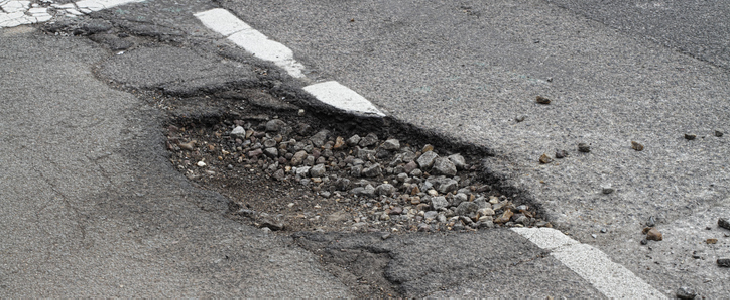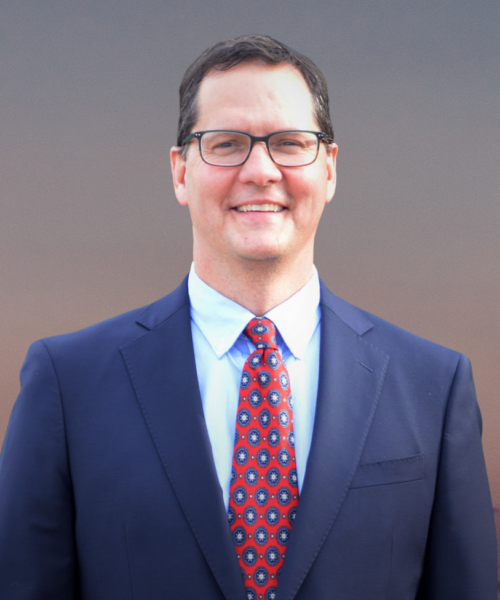In Georgia, if you are injured due to poor road conditions, determining who to sue involves understanding the responsibility and ownership of the roadway where the incident occurred. Generally, the liable party could be a local municipality, the county, or the Georgia Department of Transportation (GDOT), depending on who maintains the road. For state highways and interstates, GDOT is typically responsible, whereas local roads fall under the jurisdiction of cities or counties. It is crucial to establish negligence, meaning that the responsible entity knew or should have known about the hazardous condition and failed to address it in a reasonable amount of time. Given the complexity of determining liability and the various governmental immunity provisions that may apply, consulting with a personal injury attorney experienced in premises liability law in Georgia is highly advisable to navigate the legal intricacies and ensure that you file your claim within the statutory deadlines.
General Guidelines and Notice Requirements For Local and State Roads
- Local Roads: If the accident occurred on a road maintained by a city or county, you may need to file a claim against that local government entity. Each municipality or county has its own procedures for handling claims.
- State Roads and Highways: For accidents on state roads and highways, the responsible entity is most likely the Georgia Department of Transportation (GDOT). Filing a claim against a state agency involves specific procedures, including potential notice requirements and strict deadlines.
- Notice Requirements and Sovereign Immunity: It is important to note that suing a government entity in Georgia is not straightforward due to sovereign and qualified immunity, which protects government entities and employees from many types of lawsuits. However, there are exceptions, especially for cases involving “nuisance” or negligence in maintaining public roadways. Typically, you must file a formal notice of claim before initiating a lawsuit. This is commonly referred to as an “ante litem notice.” There are many specific procedures for how to provide the notice, to whom to send it, what to include and specific deadlines for doing this (could be just a few months after the incident).
General Guidelines For Private Roads
If the accident happened on a road owned by a private entity, such as within a gated community or a shopping center parking lot, you might need to sue the private owner or the company responsible for maintaining the road.
In the context of suing someone for road conditions on a private road in Georgia, or any other jurisdiction, the categories of individuals or entities you might consider holding liable can indeed vary. These categories generally hinge on ownership, responsibility for maintenance, and the nature of the negligence or failure to maintain safe conditions. Here is a broad overview of a few of the different groups to consider:
- Private Road Owners: This is the most direct category and includes individuals, companies, or entities that own the private road. The owner is often responsible for maintaining the road in a safe condition for use. If the owner neglects this duty, they could potentially be liable for accidents or damages caused by poor road conditions.
- Homeowners Associations (HOAs): In many cases, private roads are located within communities managed by an HOA. These organizations might be responsible for the maintenance of common areas, including roads. The HOA could be held liable if it fails to adequately maintain the road or address known hazards.
- Property Management Companies: For private roads within managed communities, commercial developments, or rental complexes, the property management company might be responsible for maintenance. If this duty is neglected, they could be liable for resulting damages.
The legal obligations of property owners, including those who own private roads, can vary significantly depending on the status of the person entering the property. If you were injured due to road conditions on a private road in Georgia, whether or not you were invited could significantly impact your ability to sue the property owner. If you were an invitee, the property owner might have a higher duty to ensure the road was safe for your use. If you were not invited or if you were a trespasser, the property owner’s duty to you would be much less, and your ability to recover damages for your injuries might be limited.
However, there are exceptions in the law, and the specific facts of each case are crucial. Therefore, it is essential to consult with a personal injury attorney who is knowledgeable about Georgia law to assess your case’s merits, understand your rights, and navigate the complexities of premises liability law.
Before pursuing legal action, it is important to identify the correct party or parties responsible for the road’s maintenance and condition. This often requires a detailed review of property records, maintenance agreements, and applicable laws. Whether you are dealing with a government entity or a private owner, documenting the poor road condition that caused the accident is crucial. This includes taking photos of the hazardous condition, gathering witness statements, and obtaining a copy of the accident report.
Takeaway
Due to the complexities involved in such cases, including determining the proper entity to sue, dealing with governmental immunity, and meeting all legal requirements, consulting with an attorney who specializes in personal injury or premises liability law in Georgia is highly recommended. Gautreaux Law has experienced lawyers who can provide guidance on the feasibility of your claim, help navigate the legal process, and work to secure compensation for damages. We will work hard to protect your interests and provide you with personalized legal advice in order to pursue your claim effectively.



